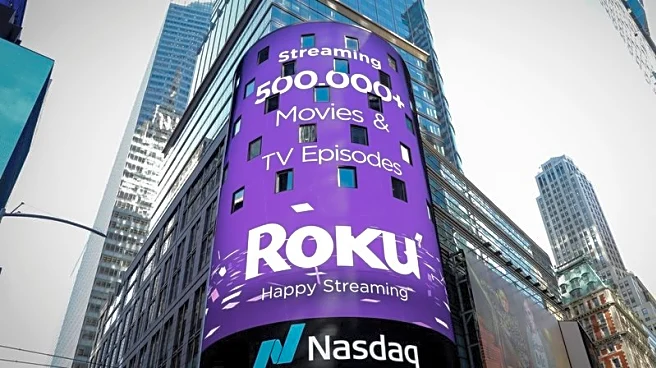By Dietrich Knauth
NEW YORK (Reuters) -President Donald Trump's administration agreed on Friday to pause efforts to block immigrants who are living in the U.S. illegally from accessing certain federally
funded social services in 20 Democratic-led states that sued over the policy changes.
The U.S. Departments of Justice, Health and Human Services, Education, and Labor agreed to wait until at least September 3 to enforce the changes that affect programs providing early childhood education, food and healthcare.
The agencies also agreed not to enforce the changes retroactively in New York, California, Illinois, or the other states that sued, according to an agreement filed in Rhode Island federal court, where the states had filed their lawsuit.
New York Attorney General Letitia James said the agreement preserves social services "that millions of New Yorkers rely on to survive."
"These policy changes threaten essential lifelines like health care, education, and nutrition assistance programs for hardworking families in New York and nationwide," James said in a statement. "My office will continue to fight for these programs and services on behalf of all who need them."
The White House did not immediately respond to a request for comment.
More than 20 Democratic attorneys general had sued on Monday arguing that the policies, which implement an immigration-focused executive order from Trump, are unconstitutional and that the Republican president issued them without following the required federal rulemaking process.
The policy changes require programs to check participants' immigration status before giving access to essential public services like Head Start, Meals on Wheels, child welfare programs, domestic violence shelters, housing assistance, mental health treatment, food banks, and community health centers. The states said the directives threatened to pull federal funding from states and could force some programs to shutter altogether.
The requirements went into effect almost immediately after the directives were issued, leaving the programs scrambling to find ways to comply so they can stay open, the states said.
States have always needed to verify a person’s lawful immigration status before allowing them to access certain federal programs, like Medicaid. But federal agencies have previously taken the position that states did not have to verify immigration status for some programs, like soup kitchens, homeless shelters, and crisis counseling centers, that received federal funding but were intended to be "open to all," according to the lawsuit.
(Reporting by Dietrich Knauth in New York and Diana Novak Jones in Chicago, Editing by Alexia Garamfalvi and David Gregorio)












